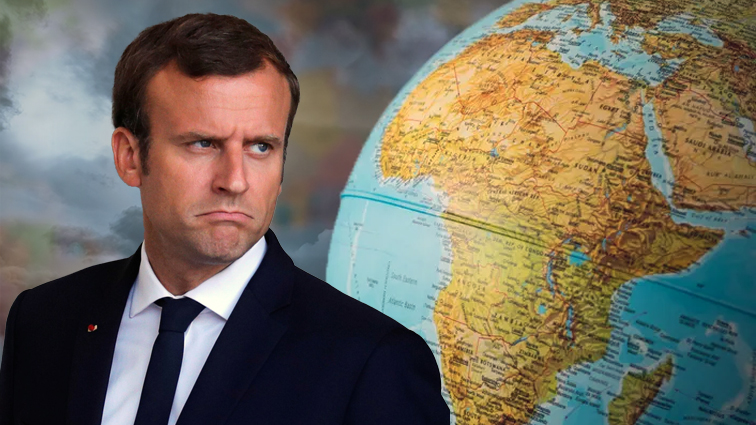At the beginning of 2023, French President Manuel Macron announced the end of the era of “French Africa”, calling for “humility” with the countries of the continent, in order to preserve what remained of relations with them.
Although Macron promised a gradual military withdrawal, the Niger coup and the presence of regimes in Mali and Burkina Faso reject dependency, precipitating this exit, which also affected the cultural and economic influence of Paris, and even the closure of its embassy in the Nigerien capital.
On February 27, Macron, during a speech on France’s new policy in Africa, called for “humility” in dealing with the continent, rejecting the strategic “competition” imposed by those who settle there with their “armies and mercenaries,” a reference to Russia. In the same speech, he pledged a “significant reduction” in the number of French soldiers, while building a “new, balanced, reciprocal and responsible relationship with the African continent.” In March, during his visit to Gabon, Macron declared that the era of “African France” was over, and that Paris was now a “neutral interlocutor” on the continent, unlike in the past.
However, this recognition and action seems to have come late, as Paris was surprised by several developments that emerged from Niger, Burkina Faso and Mali, which harm its influence at all levels.
At the same time, Paris decided to close its embassy in Niger “for an indefinite period, because it is no longer able to function normally,” a statement said.
December 13, Mali and Niger announced the cancellation of their tax agreement with France, signed more than 50 years ago.
On September 26, Burkina Faso’s junta announced the suspension of the French magazine Jeune Afrique for publishing articles that spoke of tension and discontent within the country’s armed forces.
On September 24, Niger’s ruling military regime prevented French planes from crossing the country’s airspace.
In June, Mali’s new constitution was referendum, which downgraded French to the “working language” from the country’s official language.
On March 2, Burkina Faso announced the suspension of the 1961 “Military Assistance Agreement” with France.
January 18, Burkina Faso authorities demanded that French troops leave within a month.
This year, there have been repeated demands by opposition forces in Chad demanding the departure of French troops from the country, and street protests have taken place with these demands.
Among these “big changes” is the arrival of new leaders of several countries in Central and West Africa, with a vision that rejects dependence on France, and demanding a change in relations for the greater benefit of their country.
“These changes, according to experts, did not come from a vacuum, but mainly for raising awareness among the peoples of the continent, especially young people, who link their country’s crises with French economic hegemony over it, and to support its rulers.”
More of this awareness, according to political analysts, was encouraged by “the emergence of new players on the international stage (referring to Russia and China) as potential partners that can be leveraged.”
